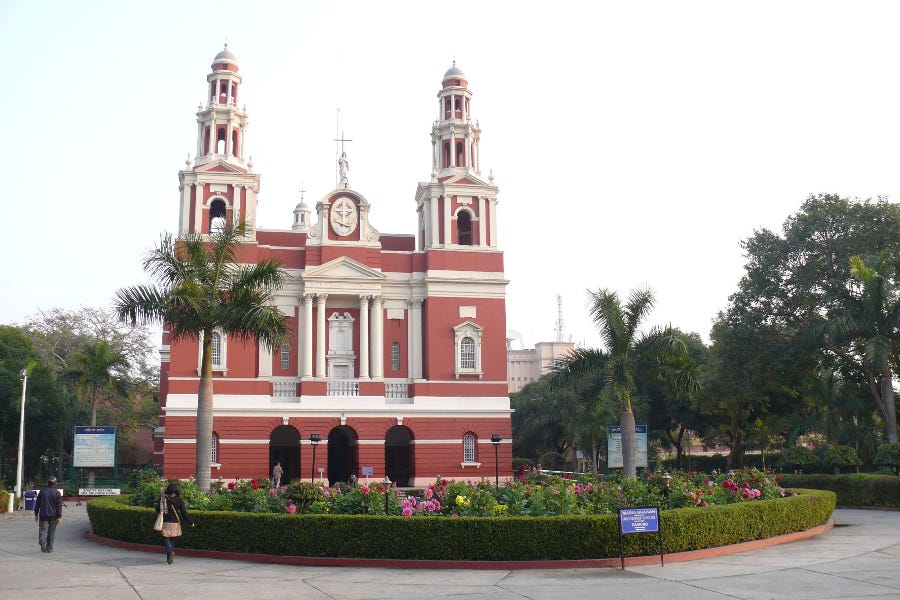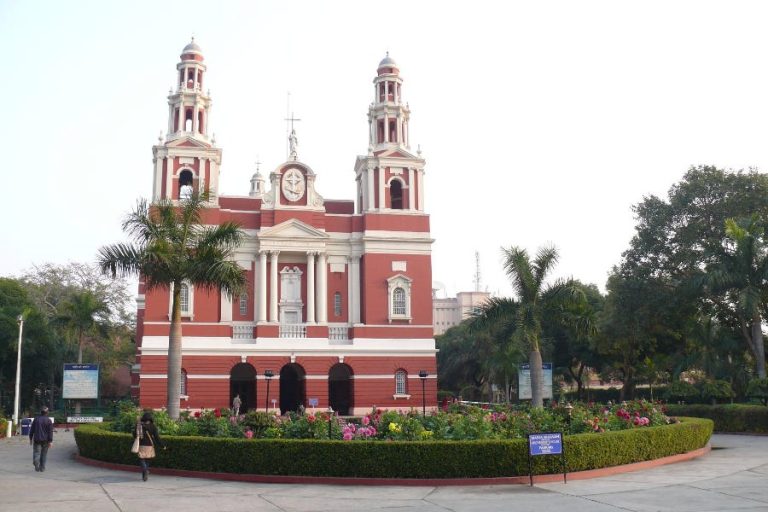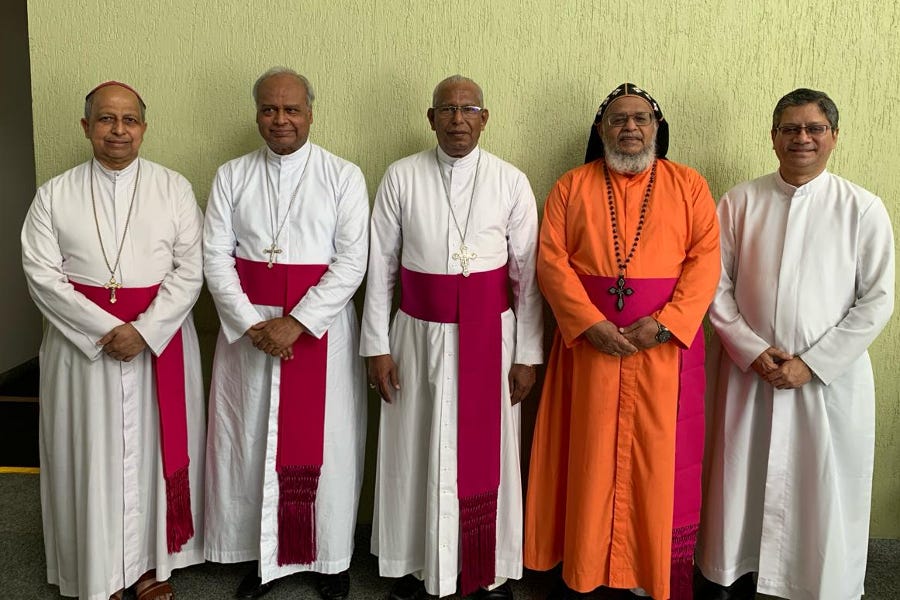An organization bringing together Latin Catholic, Syro-Malabar and Syro-Malankara Indian bishops deplored on Wednesday the increase in attacks against the country’s Christian minority.

In a six-page document statement published on February 7, the Catholic Bishops’ Conference of India (CBCI) said he was alarmed by the rise of intolerance in Indian society and politics.
It said: “Attacks against Christians continue to increase in different parts of India. Destruction of homes and churches, harassment of staff working in orphanages, homes, educational and health facilities based on false allegations of conversion have become commonplace.
Christians make up around 2.3% of India’s population, forming the third largest religious group in the country, after Muslims (14.2%) and Hindus (79.8%).
About a third of Indian Christians, or more than 20 million people, are Catholic. They belong to three autonomous particular Churches: the Latin Church, the Syro-Malabar Catholic Church and the Syro-Malankara Catholic Church.
Since 2014, India has been led by Prime Minister Narendra Modi, a member of the Hindu nationalist Bharatiya Janata Party (BJP). In April and May this year, India is expected to hold general elections in which Modi will seek a third term.
In January, the advocacy group Open Doors ranked India as the country 11th worst country in which to be a Christian.
He noted that a growing number of Indian states were implementing anti-conversion laws, “creating an environment in which any Christian who shares their faith can be accused of a crime, intimidated, harassed and even subjected to violence.”
The CBCI statement, signed by its president, Archbishop Andrews Thazhath, and secretary general, Archbishop Anil Couto, came two days after police stopped Father Dominic Pinto, a priest in the Lucknow diocese, and six others said they sought to convert Hindus in the northern state of Uttar Pradesh.
A spokesperson for the Lucknow diocese said there was “not an iota of truth” in the accusation.
In May 2023, it emerged that a bishop and a nun were facing prosecution following an inspection of an orphanage in Katni, Madhya Pradesh, a central state ruled by the BJP. Bishop Gerald Almeida and Sister Liji Joseph have been accused of seeking to convert children at the orphanage to Christianity – a claim called a “blatant lie” by a local priest. They were granted advance bail in June.
Pope Francis accepted the resignation of Almeida, 77, from his post as bishop of Jabalpur on January 13.
The CBCI expressed deep concern over socio-political trends in India, while recognizing that the country of 1.4 billion people had made “tremendous progress” and was “an emerging economic power in the world”.
The bishops said: “There is concern that divisive attitudes, hate speech and fundamentalist movements are eroding the pluralist and secular ethos that has always characterized our country and its constitution. The fundamental rights and minority rights guaranteed by the Constitution must never be compromised.”
They added: “There is a widespread perception that our country’s important democratic institutions are weakening, the federal structure is under stress and the media is not fulfilling its role as the fourth pillar of democracy. »
“There is unprecedented religious polarization that is harming the social harmony so dear to our country and endangering democracy itself. »
In May 2023, the violence exploded in the isolated northeastern state of Manipur, pitting the predominantly Hindu Meitei people against the largely Christian Kuki people. In September, fighting left 175 people dead and 1,118 injured, while arsonists targeted 386 religious sites, including many churches.
The CBCI, established in 1944 and based in the Indian capital New Delhi, said it was “dismayed” by the protracted conflict, which had led to “enormous loss of lives and livelihoods.”
He urged India’s political leaders to “do everything possible to preserve the fundamental structure of the constitution, particularly the preamble which declares India to be a democratic, socialist, secular, sovereign republic, committed to justice, liberty, equality and fraternity.
The CBCI issued this statement at the end of a meeting from January 31 to February 31. 7th meeting in Bangalore in the presence of 170 bishops. During the meeting, Archbishop Thazhath was re-elected as president of the organization. Mgr Geroge Antonysamy was elected first vice-president, Mgr Joseph Mar Thomas as second vice-president and Mgr Couto as general secretary.



